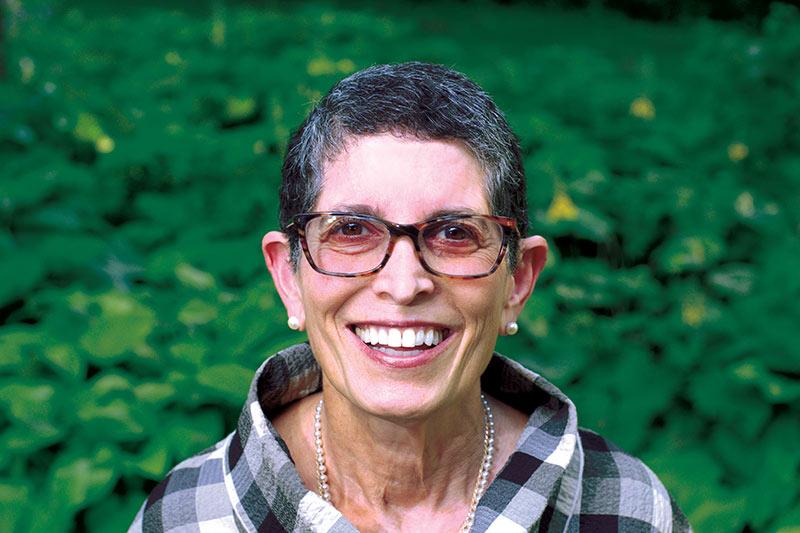The adventures of Bobbie Malone
Long before budding wizards matriculated at the Hogwarts School or fourth-grade pranksters created their own superhero named Captain Underpants, Lois Lenski drew fiction from everyday lives.
Lenski, who lived from 1893–1974, wrote dozens of novels, picture books and memoirs that captured details of growing up in rural areas around the United States.
Inspired by an enduring childhood love of Lenski’s books, author and historian Bobbie Malone (NC ’75, G ’79, ’90, ’94) has published Lois Lenski: Storycatcher (University of Oklahoma Press), a biography. In it, Malone brings together vivid scenes from Lenski’s books, the author’s own letters, lectures and other materials, and memories from those who knew her.
"...everybody didn’t look happy. They looked like they were struggling. It was very real to me.”
Bobbie Malone
Lenski, whose titles include Bayou Suzette, Blue Ridge Billy and the Newbery Award–winning Strawberry Girl, was able to capture small but significant moments of childhoods spent on the fringe, Malone said. The author sought to find and tell stories of subsistence living, rural lifestyles, immigrant experiences, pain and poverty.
“Part of why I wrote it was just to find out why, of all the things I read as a child, those stuck with me the most,” Malone said. “More impressive than anything, when I first opened Strawberry Girl, which was the first one I read, is that everybody didn’t look happy. They looked like they were struggling. It was very real to me.”
Lenski often conducted original research that included corresponding with children and visiting and working at the locations she wrote about, including Louisiana.
“She describes herself as being very shy and a fantastic observer in her own memoirs,” Malone said. As an example, “she spent more time observing her little sister playing dolls with her best friend than she spent playing dolls herself.” It resulted in the books’ “strong sense of documentary expression,” according to Storycatcher.
Malone started working on the book after she retired from the Wisconsin Historical Society. Lenski and her family were very private, she said, and Lenski’s papers were archived at 18 institutions around the country, but Malone found many people, including family members, eager to share warm remembrances of the author and her place in children’s literature.
Even today, Lenski’s work resonates because of its humanity. “Realizing that these kids led such profoundly different lives than kids in Connecticut”—where the author lived in an 18th-century farmhouse—“just made a tremendous impression on her,” Malone said. “She wanted to understand their experiences and validate their lives.”

